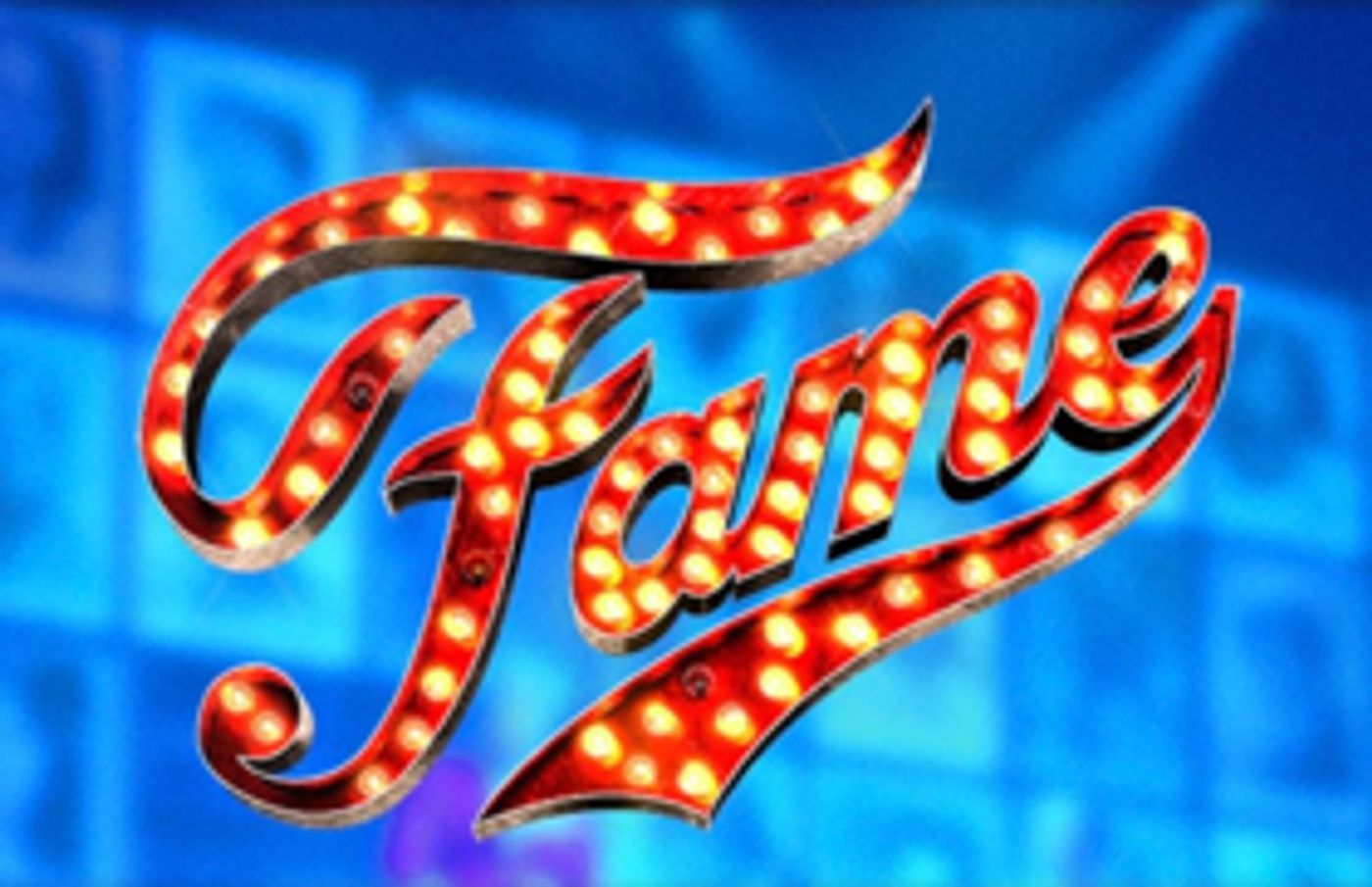BWW Exclusive: David De Silva Reflects on 30 Years of FAME

Fame is said to be fleeting, but it isn't in London -- at least not where the musical is concerned.
David De Silva's Fame is now enjoying its eighth production in England's capital city since its 1995 debut.
The seeds of the musical about The High School of Performing Arts began in 1967. De Silva was an agent who represented Inga Swenson (whom you'll probably remember either from 110 in the Shade or Benson).
Swenson had the title role in Mary (as in Queen of Scots) by Christopher Gore. He became De Silva's friend, which led to his writing the screenplay that De Silva would produce.
"I was always interested in education and aware of magnet schools," says De Silva. "When I became acquainted with The High School of Performing Arts, I thought it was a natural location for a musical."
MGM agreed. Of the 10 directors they offered, De Silva chose Alan Parker (of Midnight Express renown) to film Hot Lunch.
"That was our title after I saw the school at lunchtime where things were hot," explains De Silva. "Some kids were playing instruments, some were dancing, some were doing scenes from A Streetcar Named Desire."
Then MGM noted that a current pornographic movie was called Hot Lunch and that an Al Parker (close enough!) was its star.
The renamed Fame was a hit film, but De Silva obviously had thoughts all along about live productions. "When I made the deal with MGM," he says, "I retained the stage rights."
De Silva's musical didn't simply replicate the film. "While Alan was interested in the pain that the students experienced," he says, "I was more taken by the joy." Bookwriter Jose Fernandez stressed that.
The film had songs by multiple composers; the stage show would have an original score by lyricist Jacques Levy and composer Steve Margoshes - "all to make the songs more character-driven," De Silva says.
One song, of course, would be retained. After all, "Fame" had become an Oscar-winning song and a hit single. After some experimentation on where to put it, the decision was made to bookend Margoshes and Levy's "There She Goes" in Act One and use it as the rousing curtain call.
In 1988, Fame premiered at Florida's Coconut Grove Playhouse. Freddie Gershon, about to purchase Music Theatre International, decided to attend, for he'd had a long history with Fame.
His mother and father were in the first graduating class of The High School of Performing Arts and had edited its first yearbook. "My sister attended there as well," he says. "When I was around 11, I walked the halls and it was thrilling to smell the rosin, the sweat and see the animated students."
So when Gershon heard about the planned film, he dispensed good advice: "I convinced Robert Stigwood to secure the rights to the soundtrack."
Now in 1988, Gershon would fly to Florida. "I knew how many albums we'd sold and that the name Fame had recognition value and equity. I wanted to see what this new creative team had done without the original full score to make it live musical theater. To say that I was enthusiastic about the property is an understatement. I loved the cast, the score, the characters, Jennifer Muller's choreography, (director) David Saint's simple clean-lined approach - and the audience's reaction."
De Silva impressed Gershon, too. "I saw in David a passion and vitality and admired his savvy and prescience in not granting live dramatic rights to the studio. His relentless drive to make this happen was contagious. I wanted to help."
And so he did. Gershon - a passionate advocate for arts in schools - would be pleased to hear De Silva say "People have told me that they've become more involved in the arts as a result of seeing Fame. Even those who haven't made a career on stage have said they've profited from their early experience with musical theater. Getting up in front of people at an early age makes a person who becomes a lawyer a better lawyer."
When you do Fame at your theater - and it is the ideal high school show, isn't it? -- stress that it's an ensemble show and not a star vehicle.
Says De Silva, "When I went to Manchester this summer to see the London tryout, three people who'd become famous through social media were billed over the title. I insisted that that change, because Fame is meant to give everyone a moment to shine. If there's a star of the show, it's the show itself."
Videos

